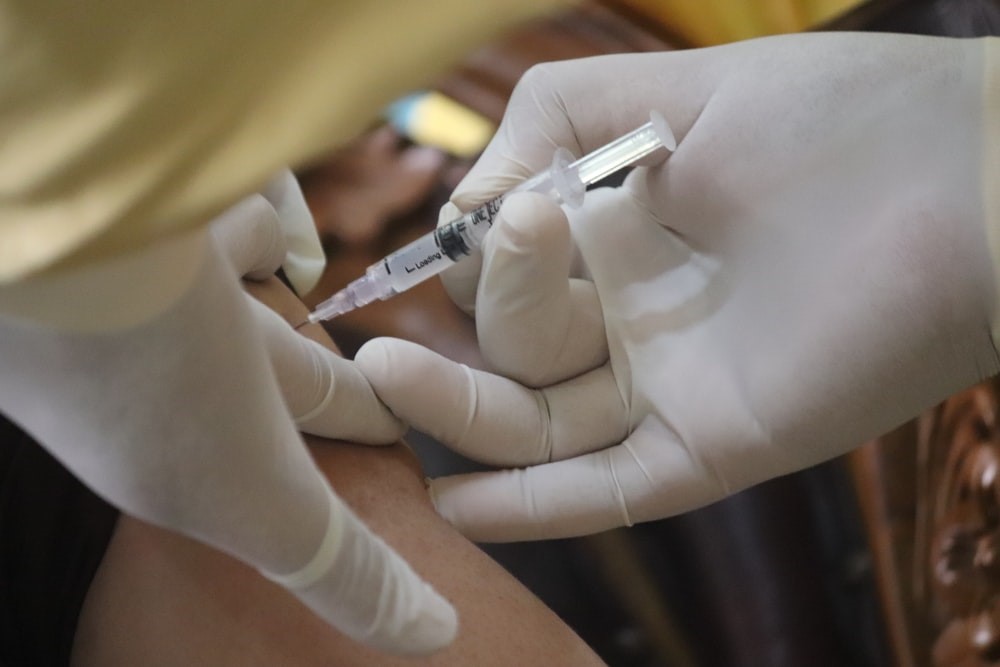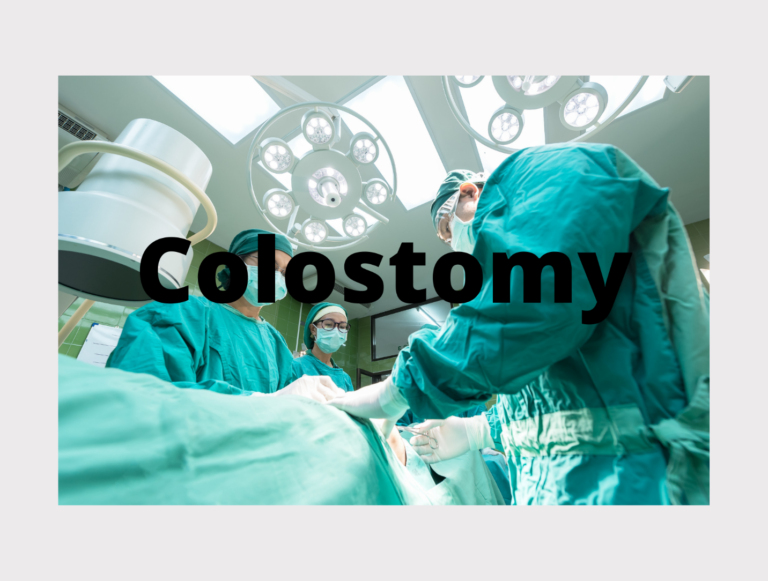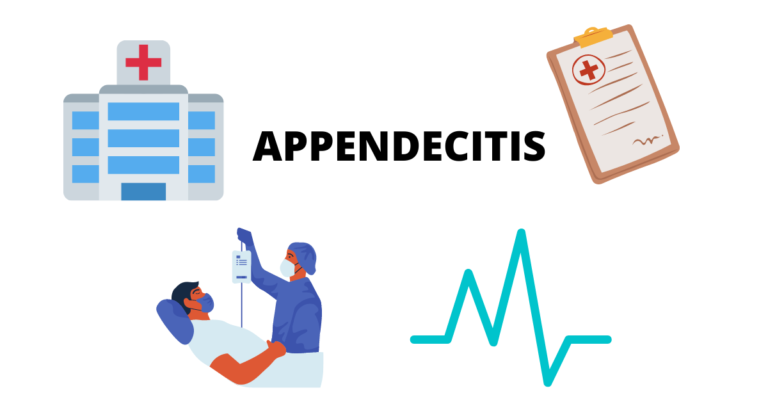Nursing & Medical Mnemonics You Should Know-Student Guide
Introduction
Nursing and medical mnemonics are useful across all medical professions Including doctors, clinical officers, registered nurses, BSN RN, medical students, etc. This is because they help them learn information quickly and easily.
They have to know how drugs interact with one another, what the different symptoms mean when they should refer patients, and so much more!
Medical mnemonics can be helpful for doctors who specialize in certain areas like cardiology or dermatology as well.
Nursing Mnemonics are especially helpful for nursing students who are preparing for NCLEX and PN exams and who have a hard time in school retaining the knowledge from their lectures or textbooks. As you read, keep it mind that our top writers are ready to assist with your nursing assignment in case you get stuck or cannot complete it due it due to a busy schedule. All you need to do is place an order with us!
Disclaimer: The information presented in this article is not medical advice; it is meant to act as a quick guide to nursing students, for learning purposes only, and should not be applied without an approved physician’s consent. Please consult a registered doctor in case you’re looking for medical advice.
What are Mnemonics?
Mnemonics is a technique for remembering information. The word “mnemonic” comes from the Greek word mnesin meaning memory and it’s pronounced nee-MONIC!
What are Mnemonics used for?
You can use nursing mnemonic to remember lots of different things like: Dates, warning signs, signs and symptoms, doses of medicine, and more!
Nursing Mnemonics are helpful for medical students to remember:
-The four ways you can make a diagnosis.
-Types of teas that are used in nursing care.
-Different types of reflexes (E.g. Babinski Reflex), etc.


What Are Nursing Mnemonics?
Nursing mnemonics are a great way to learn important things about nursing. They are especially useful in nursing schools for nursing students who have a hard time retaining things they learn from lectures or textbooks.
Nursing mnemonics are also helpful in the workplace because nurses need to remember many different pieces of information and it can be difficult to keep all these facts straight!
How Many Nursing and Medical Mnemonics Devices Are There?
There are many different ways to use mnemonics, but the most common is using acronyms, rhymes, and phrases.
Acronym:
The acronym “KID” stands for K+H+I+D (key signs of heart attack)
The acronym “OLDS” means Onset Loss of Consciousness Deficiency
The acronym “HALTS” means Headache, Analgesia (pain medication), Lymphadenopathy (swollen lymph nodes) and Tachycardia (rapid heart rate).
Rhyme:
The rhyme “Every Good Boy Deserves Fruit” is used to remember the names of muscles that flex the toes (i.e. Tibialis Anterior, Extensor Digitorum Longus, Flexor Hallucis Longus)
Mnemonic phrase:
The mnemonic “I before E except after C” is used to remember how many words in the English language that start with I and end with E sound different when pronounced (i.e. I before E except after C, she sells seashells by the sea shore).
There are many different types of nursing and medical mnemonics devices but these three examples should get you started!
Example of Medical Mnemonic
Medical Mnemonic: I DON’T GIVE MEDICATION
-I: Instructions
-DONT: Don’t repeat this medication more than once a day.
-GIVE: Give the right dose, with an easy-to-remember measurement (eg millilitres)
-MEDICATION: Medication that is taken by mouth or injected into your body


Medical Mnemonic: DOCTORS ARE PEOPLE TOO
-DOCTORS: Don’t offer your doctor a drink of alcohol when they’re going to perform surgery.
-ARE: Ask for an explanation if you don’t understand something the doctor said about treatment options.
-PEOPLE:: You should be polite and civil to the doctor telling them what you can do for yourself rather than demanding they do it for you.
-TOO: Take notes of your conversation with your doctor and review them later to make sure that everything was covered in case there are any questions left unanswered.
Medical Mnemonic: A Quick Tip to Remember What Medicine to Give
-A: Acetaminophen
-QUICK: Quickly review the medication before giving it to make sure you’re not about to administer a dangerous drug.
-TIP: Take your time when administering drugs and don’t rush them out as quickly as possible because they might be more difficult for the patient to swallow.
-TO: To remember the first letter of the medicine that you are about to give then think back through your list until you find it.
-REMEMBER: Remember to always give the medicine in its correct dosage.
-WHAT: What it is
-MEDICINE: Medicine that you are about TO GIVE.
Medical Mnemonics for General Practitioners You Should Know:
There are a lot of medical mnemonic tools for general practitioners who need to remember a lot of information.
DRUGS: Doses, Routes, Frequency/Duration, Exceptions to the Rule and Side Effects
Dose
– How much medication do you need per dose;
Route
– Oral (by mouth), topical (on skin or mucous membranes) transdermal (through the skin), intravenous (IV) or intramuscular (IM).
Frequency/Duration
– How often and for how long?
Exceptions to the Rule
– What situations this medication needs special care in order to be used, like giving it food if a patient has an upset stomach and washing hands before administering IV medication?
Side Effects
-To remember what are the possible side effects of the medication.
DAD:
Drug Adverse Reactions, Dosage, Duration and Side Effect not to take with that drug. (Ex: Dilantin)
Drugs sometimes have reactions in people who take them in certain combinations or dosages where they can cause serious problems in your health.
Knowing what medications not to take with other drugs can be important for general practitioners, especially when they have multiple patients on a lot of different medications!


Medical Mnemonics for Dehydration You Should Know:
DRESS:
Dehydration, Renal Failure or Impairment, Shock/Hypotension and Seizures (ex: Opioids)
FLUID-H:
Fluid, Electrolyte Imbalance, Hypotension and Hyperkalemia


Medical Mnemonics for Drug Addiction You Should Know:
AIDS:
-Alcohol Intervention before Discharge
HALT:
Hunger, Anger, Loneliness and Tiredness can make a person more susceptible to addiction. This is because it is harder for the brain to feel pleasure when these emotions are present.
Medical Mnemonics for Pain You Should Know:
PAST (Acute Surgical Conditions): Pain relief or sedation for preoperative anxiety; Anesthesia; Spinal/Epidural anesthesia; Patient positioning in bed with traction on the spinal board to immobilize the neck, head, and spine; Sheet traction with weights to immobilize the pelvis region.


TENSION (Acute Surgical Conditions):
TENSION can be used as an acronym for acute surgical conditions and is helpful for nurses, doctors or other medical providers when assessing their patient’s anxiety level (trauma), pain intensity, and pain relief.
International Medical Acronyms You Should Know:
ABCs
– A= Airway, B = Breathing and C= Circulation for someone in traumatic cardiac arrest. The nurse or doctor must assess these three things before anything else to encourage the patient’s chance of survival.
Airway Compression
– This technique is used when a person’s airway is obstructed. A rescuer places one hand over the patient’s mouth and nose, using his or her thumb to support the jaw. The other hand cradles the back of the head.
CAGE – Cardiac arrest gauze emergency
This technique saves life by stopping blood loss after a penetrating injury from an object such as a knife. The wound is then bandaged to stop bleeding.
ABCDEF – Airway, Breathing, Circulation and Disability
-The key components of a patient’s status are assessed by medical providers as they survey the scene or exam room before emergency procedures are performed. These four things need to be checked in order for any other treatments to be given;
CPR
– This acronym stands for cardiopulmonary resuscitation. It is the combination of chest compressions and rescue breaths that should be performed when a person’s breathing or pulse has stopped to try and restart them.
-When a person’s breathing or pulse has stopped, CPR should be given for at least two minutes before any other treatments.


Most Popular Medical Mnemonics You Should Know
Dx = Diagnosis
Pt = Patient
N/V or Nausea/Vomiting = Non-specific symptoms that are often present for stomach flu
O/P = Oral intake or output
IV= Intravenous infusion, IV fluids are often used when someone is dehydrated and needs to replenish their body with necessary fluid and minerals.
%Na= the patient’s sodium level in milliequivalents per litre of blood (mmol/L)
%K= the patient’s potassium level in milliequivalents per litre of blood (mmol/L)
BUN = Blood Urea Nitrogen, a measurement of kidney function.
Creatinine = Creatinine levels can be used to calculate BUN and other important values that indicate kidney health.
Medical Mnemonics Used In Assessment That You Should Know


JUNE-JO:
-Joints of the Neck,
-Upper Extremities,
-Nerves of the Back
-Jugular Venous Pulse and Oxygenation Monitoring
-One leg raised to help with venous return and blood flow
The acronym JUNE JO is helpful in reminding medical professionals how important it is for them to monitor their patient jugular vein pulse, oxygenation levels (JO) and the joints of their neck, upper extremities and nerves in the back.
POTS -Postural Orthostatic Tachycardia Syndrome
– A condition in which the heart rate increases to dangerous levels upon standing.
-The following are some common signs and symptoms that can indicate POTS: chronic fatigue; shortness of breath with exertion or effortless activities like sitting up in bed or walking; headache, irritability and anxiety
-If you suspect a patient has POTS, ask them about their symptoms. They might have more than one symptom–their pain may be worse with exertion but better when they’re up sitting at the edge of the bed for example. It can also help to remind patients how long they feel their symptoms have been around–more than six months could indicate POTS.
KID – K+H+I+D (Key Signs of Heart Attack)
OLDS – Onset Loss of Consciousness Deficiency
HALTS – Headache, Analgesia, Loss of Consciousness, Temperature and Time


Summary
Medical practitioners are constantly learning and memorizing new information. Learning is a lifelong process, but it can be difficult to retain all the necessary information needed for your specialty. Mnemonics help you remember things by association with something else that’s familiar or easy to remember. These medical mnemonics can help you think more clearly, do better at work, save time in school or remember things that will save a life!







